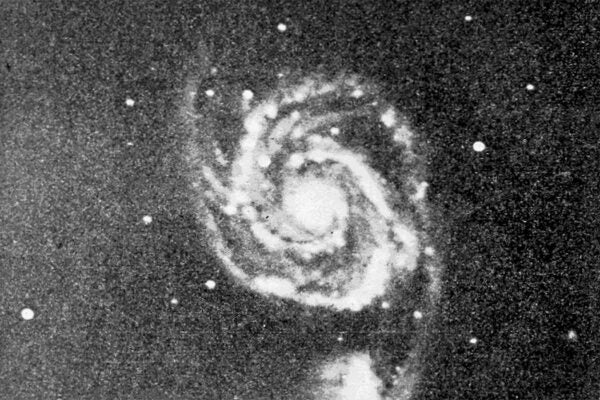Jefferson’s Fossils
What can Thomas Jefferson’s mistaken ideas about fossils tell us about science and belief in the early United States?
The Fires This Time
To understand current mass burning events better, scientists are turning to the phenomenon known as the Medieval Climate Anomaly.
The Hidden Aesthetics of Early Astrophotography
Behind the transformative star photographs of the 1880s lay a complex collaboration between astronomers and engravers.
Explaining the Tides Before Newton
Astronomical explanations for tides, usually credited to Isaac Newton, can be traced to thinkers like Strabo and Pliny in the Classical era.
Living Laboratories: Science and the National Parks
National parks in the US are filled with glaciers and volcanoes, which isn't an accident, as the parks developed alongside the sciences of glaciology and volcanology.
“Space Tornadoes” Could Cause Geomagnetic Storms
But these phenomena, spun off ejections from the Sun, aren’t easy to study.
“Mad About Geology”: Charles Darwin’s Origin Story
At university and in the field, Darwin trained his scientific thinking as would a geologist, seeking causal explanations for observed natural phenomena.
The Long Quest to Uncover a Sea Star Killing Bacteria
Scientists say they’ve found the cause of a marine epidemic more than ten years after it started. What took so long?
The Bee Dance Debate
Can insects communicate? In the middle of the twentieth century, scientists disagreed on whether bees could possess a “language” expressed through motion.
A Massive Eruption 74,000 Years Ago Affected the Whole Planet
Archaeologists use volcanic glass to figure out how people survived.









